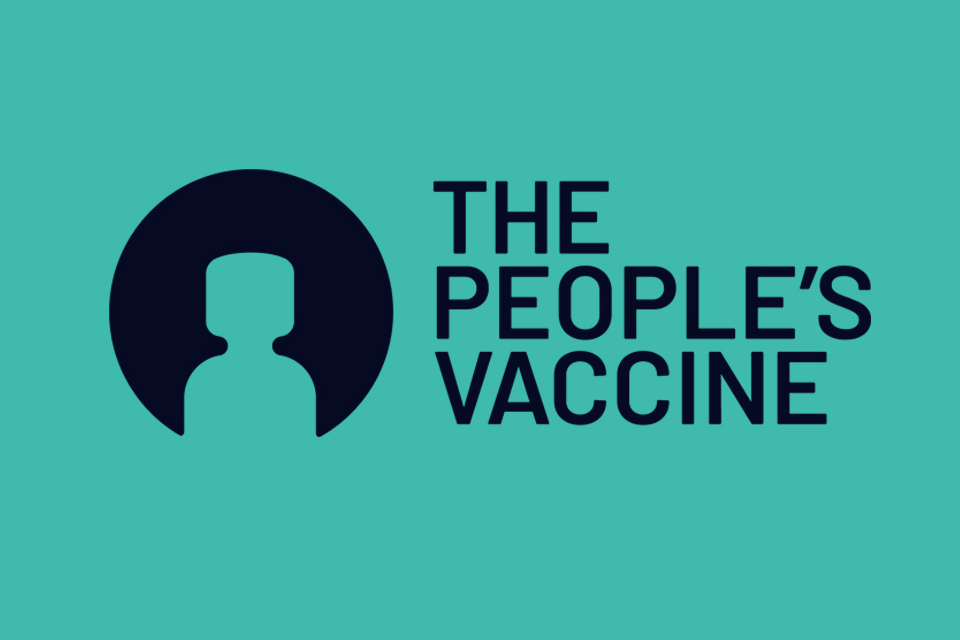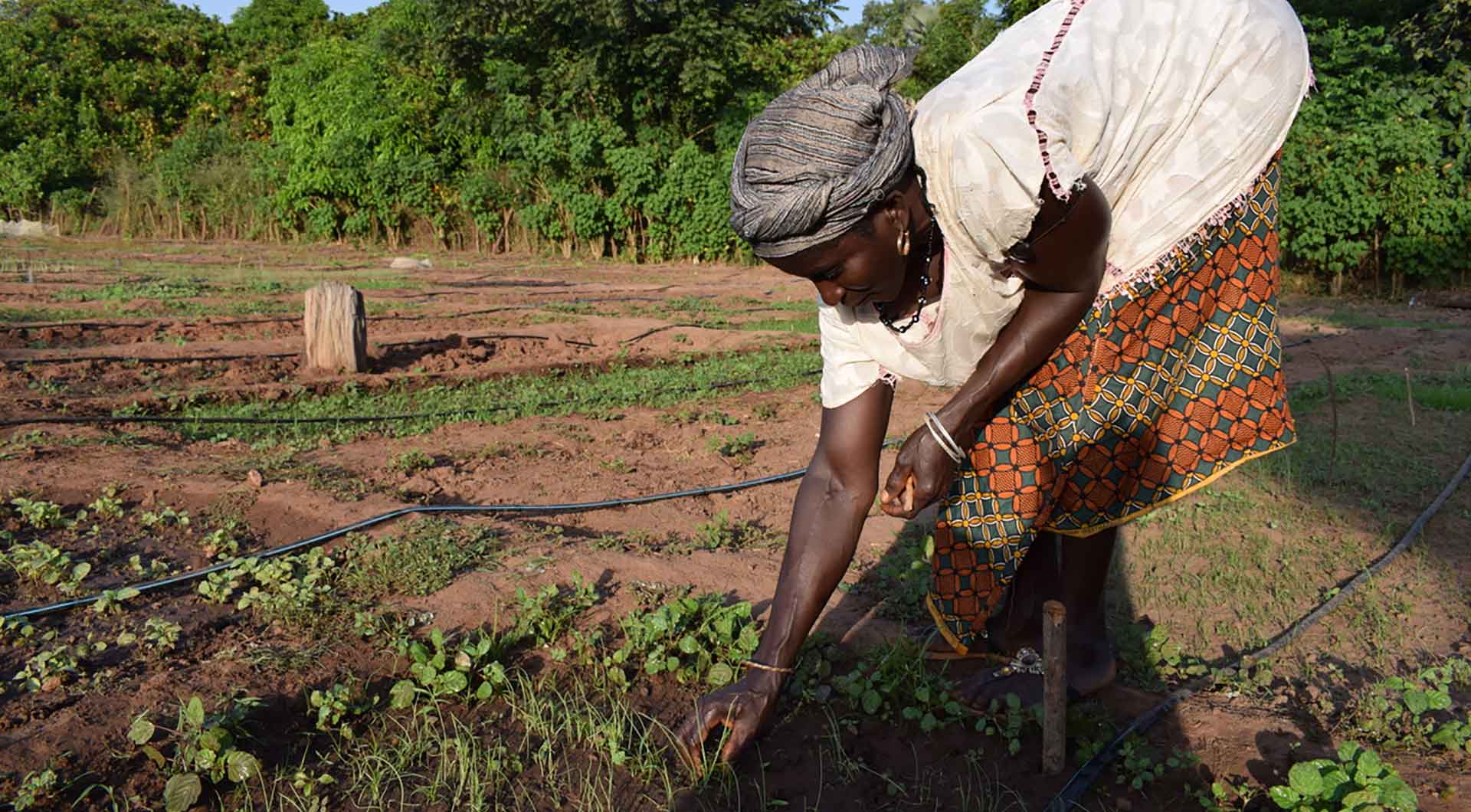
As we mark International Day of Rural Women and International Day for the Eradication of Poverty, a significant number of rural women are not getting the support they need to contribute as equals to the sustainable development agenda. Women’s capacity and potential is not fully being tapped into as the world is left with few years to achieve the 2030 Agenda for Sustainable Development Goals.
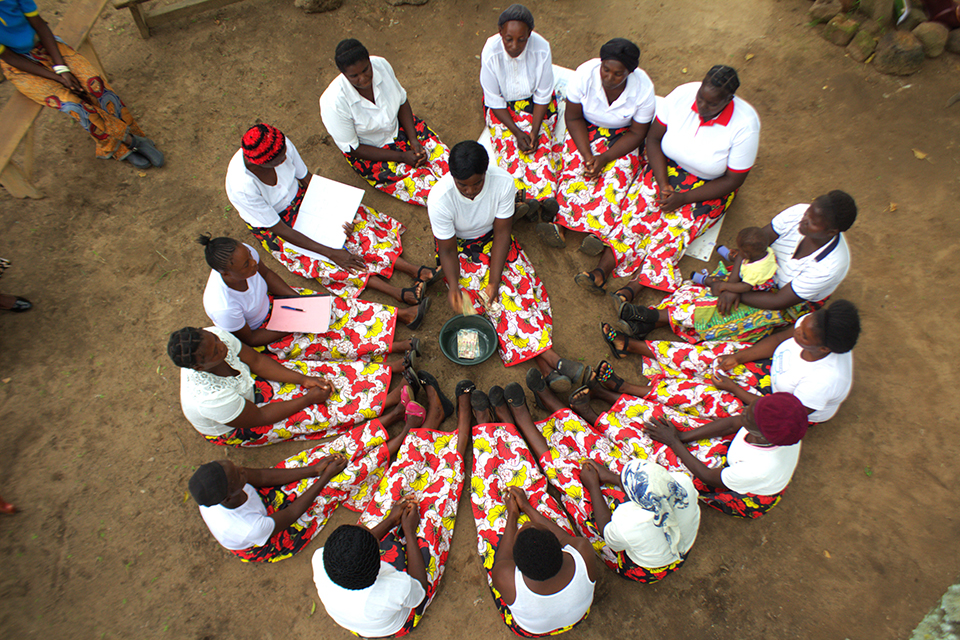
We recognise the need for holistic efforts to address inequalities undermining the potent force for change inherent in women that has to be unleashed to impact wider development. Community cohesion is key in poverty reduction, it starts with people living in disadvantaged backgrounds coming together to unite as they work as a team in overcoming hardships affecting their communities. When women are allowed to access resources and education, they become a driving force in fighting off hunger and poverty, but it all starts by making women feel safe in their communities and empowering them to make key decisions.
As Humana People to People, we believe in putting people first, thus placing rural women and vulnerable communities at the heart of our community development approaches. We work together with the most vulnerable communities to build multi-purpose resilience in the areas we work with to improve the quality of life for the people who need it the most.
As part of showing our transformative impact, we are excited to launch a film about rural women from one of the many rural development initiatives engaging thousands of smallholder farmers in rural Zimbabwe being implemented by DAPP Zimbabwe. The film developed on Farmers Clubs Chivi, a project tackling food insecurity in one of the arid districts in Zimbabwe through growing drought-resistant crops. Click here to watch Farmers’ Clubs Chivi film.
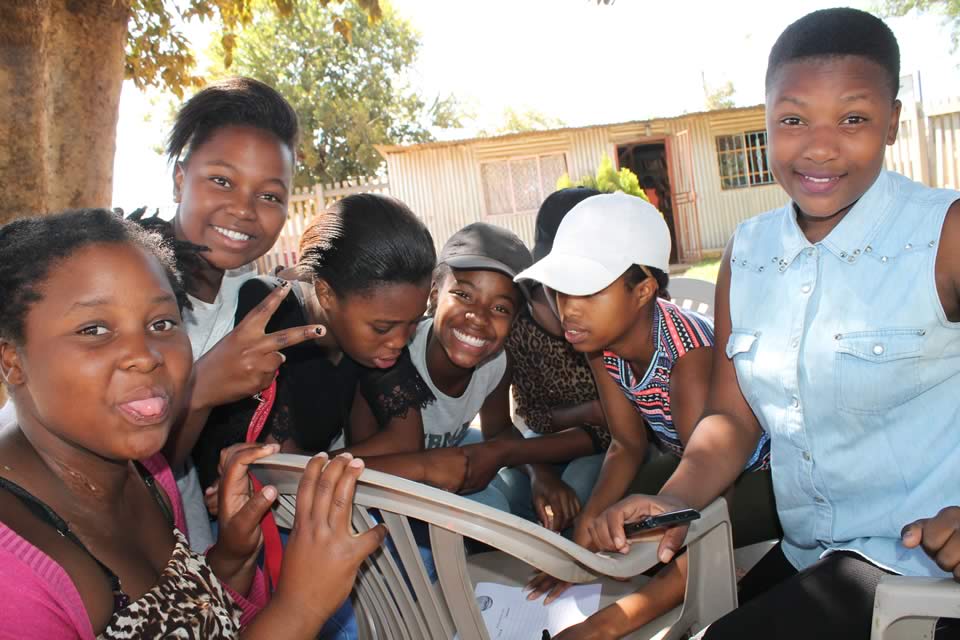
In our community development and sustainable agriculture and environment protection programmes, we organise members of the community in local structures. The democratic group structures allow communities to address challenges collectively. Within our community initiatives, we support women to take a leading role in transforming their lives. We support the formation of savings clubs that contribute to economic production in rural communities.
Saving clubs positively impact rural women to improve their lives by becoming financially capable of providing for their families a key strategy for poverty reduction. Apart from building financial resilience, savings clubs have a powerful social impact, members of the group meet regularly to build relationships and support each other through difficult times. We are proud to share with you a film showing how savings clubs in our programmes are positively impacting vulnerable communities to improve their lives. Click here to watch the film about savings clubs.
In India, Humana People to People India is implementing a project called Women Empowerment Through Gender Equality and Livelihood Projects that engages women who lack access to basic resources and are denied participation in decision-making. The project works with women to bring qualitative changes in their lives. Women participate by being part of an active self-help or other form of community-based group, learning new skills such as literacy, financial literacy, entrepreneurship, planning and starting up their own micro-enterprises. In 2024, over 7,000 women who participated in self-help activities managed to note the desired changes in their lives as well as for their families.
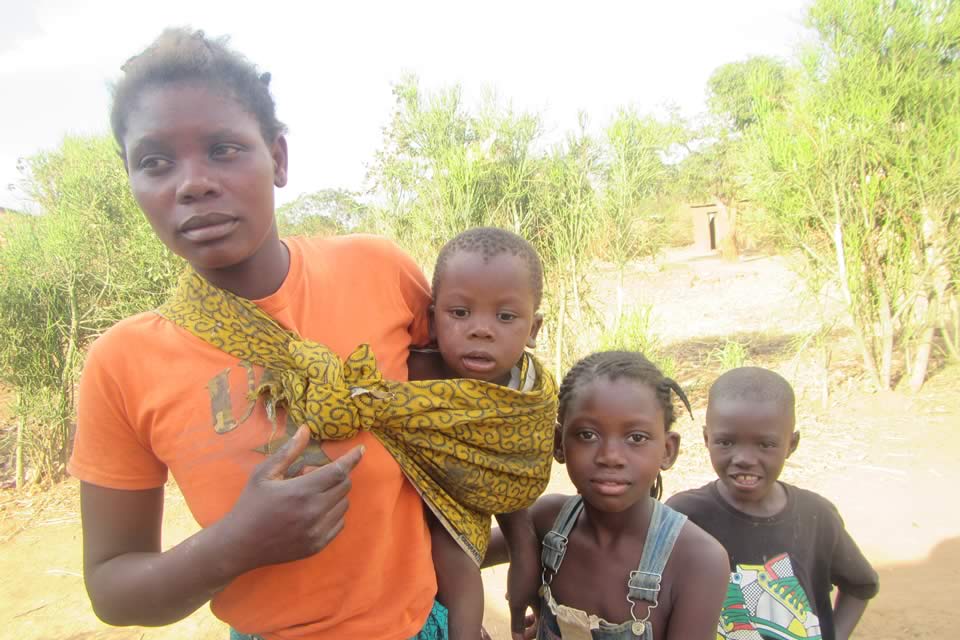
DAPP Malawi is carrying out the Sustainable Village Savings and Loan Schemes (VSLs) for community members through the Farmers’ Clubs project spread across four districts of Malawi. The project works with more than 37,000 smallholder farmers of whom 60% are women to sustainably increase their income within an organised grouping of close to 1,900 Village Savings & Loan Groups. The savings groups are linked to local banks so they can access loans and open individual and group bank accounts.
In Belize, Humana People to People Belize is operating the Community Development Project that supports collective initiatives to improve living conditions, ensure food security and generate income in 10 Maya communities. The project engages underrepresented groups and promotes leadership of women and youth reaching over 3,000 people. Communities are supported to increase their preparedness, response, readiness and resilience to climate change.
We call for urgent action to end barriers hindering women from effectively participating as equals in some of the most disadvantaged rural communities in sustainable development.


